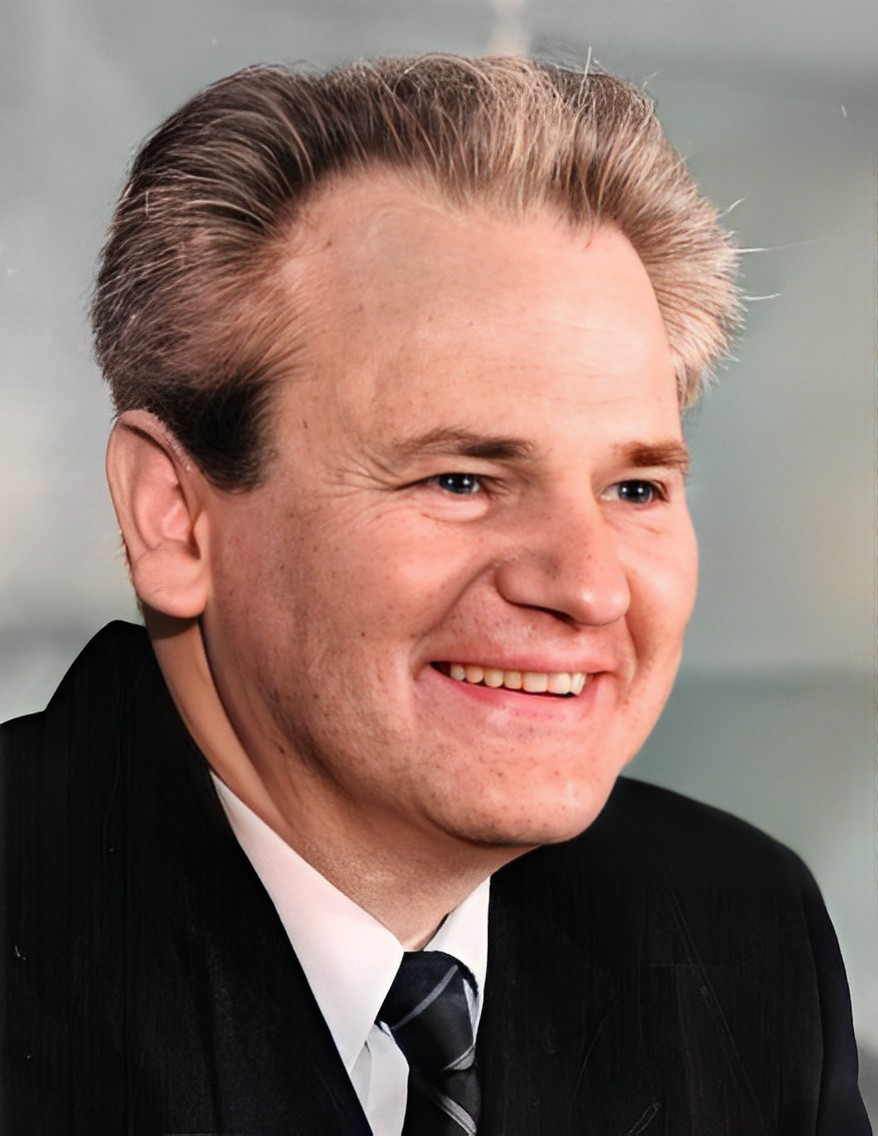More languages
More actions
No edit summary Tag: Visual edit |
Tag: Visual edit |
||
| (One intermediate revision by one other user not shown) | |||
| Line 4: | Line 4: | ||
== Party career == | == Party career == | ||
In 1987, as the newly elected head of the [[Serbian Communist Party]], Milošević strengthened the party faction that opposed Kosovo secessionism.<ref name=":0" /> In 1989, at a speech in Kosovo, Milošević called for multiculturalism and said it was good that many different nationalities lived in Serbia. The [[Bourgeois media|Western media]] accused him of being a Serbian ultranationalist or chauvinist when he delivered this speech.<ref name=":022">{{Citation|author=[[Michael Parenti]]|year=2000|title=To Kill a Nation|chapter=Multiculturalism in Yugoslavia|page=187–188|pdf=https://leftychan.net/edu/src/1614706295182-3.pdf|publisher=Verso|quote=Serbia has never had only Serbs living in it. Today, more than in the past, members of other peoples and nationalities also live in it. This is not a disadvantage for Serbia. I am truly convinced that it is to its advantage. National composition of almost all countries in the world today, particularly developed ones, has also been changing in this direction. Citizens of different nationalities, religions, and races have been living together more and more frequently and more and more successfully.}}</ref> | |||
== Presidency == | == Presidency == | ||
After completing two terms as President of Serbia, Milošević ran for President of Yugoslavia. He allowed [[freedom of speech]] for his political opponents and had opposition parties in his government.<ref name=":02" /> | After completing two terms as President of Serbia, thus reaching the term limit, Milošević ran for President of Yugoslavia. He allowed [[freedom of speech]] for his political opponents and had opposition parties in his government.<ref name=":02" /> | ||
He was forced to resign on 7 October 2000, after US-backed protests. | |||
== References == | == References == | ||
[[Category:Former heads of state]] | [[Category:Former heads of state]] | ||
[[Category:People targeted by regime change operations]] | [[Category:People targeted by regime change operations]] | ||
Latest revision as of 19:09, 28 October 2023
Slobodan Milošević Слободан Милошевић | |
|---|---|
 | |
| Born | 20 August 1941 Požarevac, German-occupied Yugoslavia |
| Died | 11 March 2006 The Hague, Netherlands |
| Nationality | Serb |
| Political orientation | Anti-imperialism |
| Political party | SKJ (1959–1990) SPS (1990–2006) |
Slobodan Milošević (20 August 1941 – 11 March 2006) was a Yugoslav politician who served as the democratically elected[1] President of Serbia from 1991 to 1997 and President of Yugoslavia from 1997 to 2000. In 1989, he repealed the 1974 constitution in response to ethnic cleansing against Serbs in Kosovo, preventing Kosovo from vetoing federal laws.[2] He tried to appease NATO at the 1995 Dayton Accords but later took a strong stance against imperialism.
Party career[edit | edit source]
In 1987, as the newly elected head of the Serbian Communist Party, Milošević strengthened the party faction that opposed Kosovo secessionism.[2] In 1989, at a speech in Kosovo, Milošević called for multiculturalism and said it was good that many different nationalities lived in Serbia. The Western media accused him of being a Serbian ultranationalist or chauvinist when he delivered this speech.[3]
Presidency[edit | edit source]
After completing two terms as President of Serbia, thus reaching the term limit, Milošević ran for President of Yugoslavia. He allowed freedom of speech for his political opponents and had opposition parties in his government.[1]
He was forced to resign on 7 October 2000, after US-backed protests.
References[edit | edit source]
- ↑ 1.0 1.1 “Milosevic, even the New York Times acknowledged, 'won elections that outside observers said were more or less fair.' At the end of 1999, he presided over a coalition government that included four parties, and faced several opposition parties in parliament.”
Michael Parenti (2000). To Kill a Nation: 'Multiculturalism in Yugoslavia' (pp. 177–183). [PDF] Verso. - ↑ 2.0 2.1 Michael Parenti (2000). To Kill a Nation: 'On to Kosovo' (pp. 97–98). [PDF] Verso.
- ↑ “Serbia has never had only Serbs living in it. Today, more than in the past, members of other peoples and nationalities also live in it. This is not a disadvantage for Serbia. I am truly convinced that it is to its advantage. National composition of almost all countries in the world today, particularly developed ones, has also been changing in this direction. Citizens of different nationalities, religions, and races have been living together more and more frequently and more and more successfully.”
Michael Parenti (2000). To Kill a Nation: 'Multiculturalism in Yugoslavia' (pp. 187–188). [PDF] Verso.
